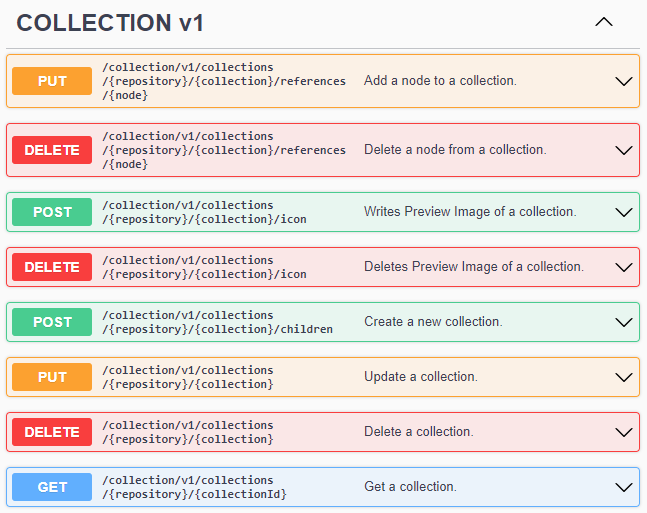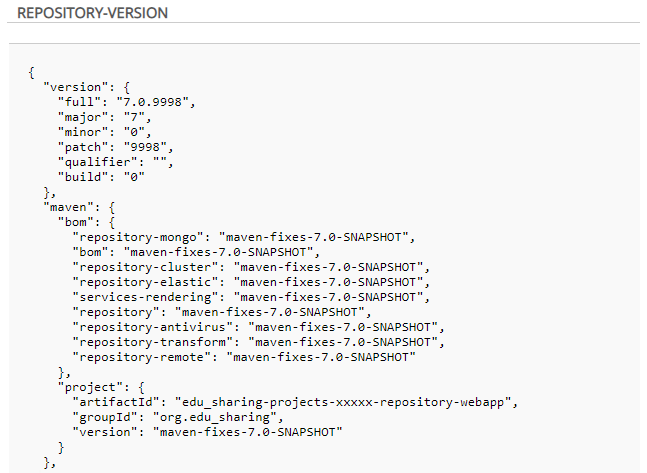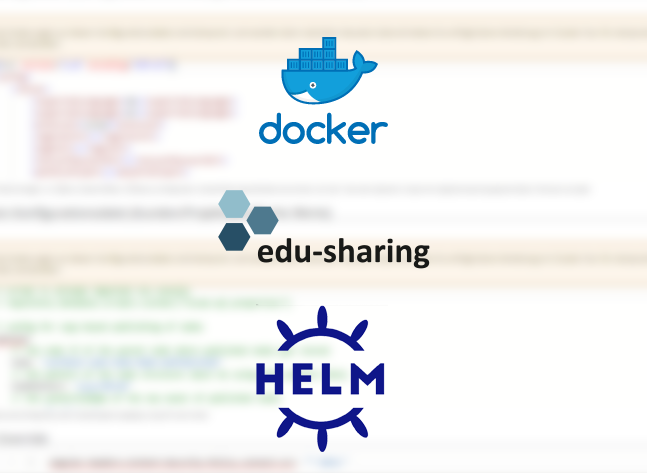What is new in edu-sharing 7.0?
Update of the API definitions for better compatibility and conformance
The Swagger framework used for edu-sharing has been brought up to date and the conformance of the specification with OpenAPI has been optimized.

Central, uniform configuration
The configuration data required for installation and administration, such as metadata sets, mail servers and system configurations, were unified.
Individual config files were transferred to a central configuration file using the flexible Lightbend framework.
This simplifies server administration and improves the separation between application and configuration data.

Improvements to the administration tools
The admin tools have new functions for managing configuration files.
In addition, the exact versions of all individual components can be checked quickly and clearly. Also there is an overview page of activated plugins.

Tracing functionalities for errors
To simplify troubleshooting, all requests are assigned a unique ID that is passed through all systems involved.
This ID is given to the user in case of an error message. This ID can then be used to query more detailed information in the logs of all systems involved in the response (e.g. repository, rendering service).

Rollout via Docker and Helm Charts
The installation & rollout of edu-sharing is now fully automated via Docker (Compose) or Helm-Charts (Kubernetes).
Using a single Docker Compose file or Helm configuration, the entire edu-sharing system, including the components involved and the respective required & compatible versions (repository, transformer, search index, database, rendering service,...) can be rolled out automatically in the future.

